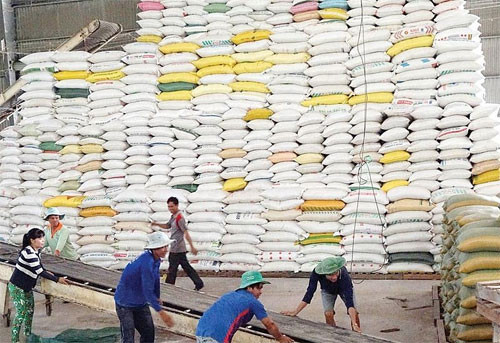 |
The exports of many items, particularly vegetables and fruits, were hit hard by the protracted health crisis. Despite this, however, many firms have still secured stable orders to export to many markets with high technical requirements.
According to Nguyen Dinh Tung, chairman of Vina T&T Group, one of the leading local fruit exporters, the company exports 30 containers of frozen durian and 22 containers of coconut to the US every month and is happy with positive feedback from the customers.
The exports of these two fruits alone generate around $1.8 million a month in export value for Vina T&T. More significantly, it helps promote the Vietnamese coconut brand in the global marketplace to better compete with brands from around the world.
To be able to maintain the product flow to the US, as one of Vietnam’s 15 biggest fruit exporters to the US in the past decade, Vina T&T heavily prioritises product quality.
As of now, all the company products have acquired HACCP and GlobalGAP standards and are monitored in every stage from harvesting, packaging to shipping in order to ensure the products are of the best quality.
In the words of CEO Nguyen Dinh Tung, the impact of the pandemic is inevitable. It, however, drives business innovations and opens opportunities to those having the capacity to adapt to the new situation. In the case of Vina T&T, besides exporting fresh fruit, the company has engaged in freezing some kinds of fresh fruits in a bid to diversify export markets as well as export new customers.
This allows the sharp rise of Vitenamese fresh and frozen fruit exports to the US, Canada, and Australia.
Also active in agricultural sector, Trung An Hi-Tech Farming JSC based in the Mekong Delta city of Can Tho has secured rice export contracts with three EU customers.
Under the contracts, the company will be exporting a total of 3,000 tonnes of ST20 and Jasmine fragrant rice to the EU. This late August, Trung An shipped 150 tonnes to this market.
According to Pham Thai Binh, CEO of Trung An, this is not the first time the company secures a rice export contract to the EU but this was the first rice order since the enforcement of the landmark EU-Vietnam Free Trade Agreement (EVFTA). He noted that rice products must obtain a GlobalGAP certificate, have clear product traceability and good quality to meet strict market requirements.
After making inroads into Japan, South Korea, Russia, and South Africa, this July, Le Gia Foods and Trading Services Co., Ltd. succeeded in setting foot in Taiwan. According to Le Anh, CEO of Le Gia, although the deal itself is not big, it has significant meaning as Taiwan has a fairly large Vietnamese expat community.
“This result came on the back of years of negotiation and countless examinations to meet the standards set by Taiwanese partners,” said Anh.
Binh from Trung Anh noted that exporters must be diligently working to meet different standards in different markets.
“Take rice export as an example. The EVFTA is expected to bring a breakthrough for rice exports. Moreover, the agreement should also be considered a gateway for Vietnamese rice brands to approach stricter markets. As one of the most demanding food markets, companies will be encouraged to match the requirements and then consistently stay at that level if they do not want to miss out on opportunities,” said Binh.
Source: VIR

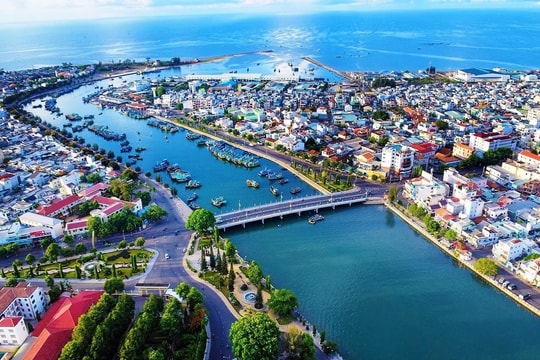
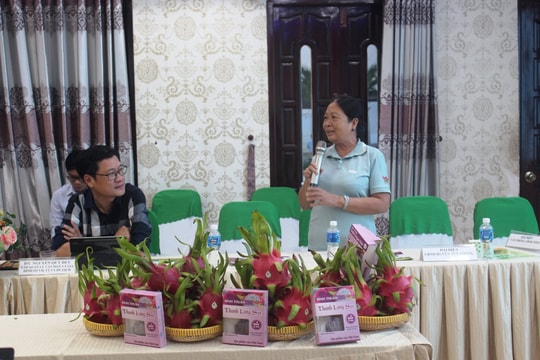

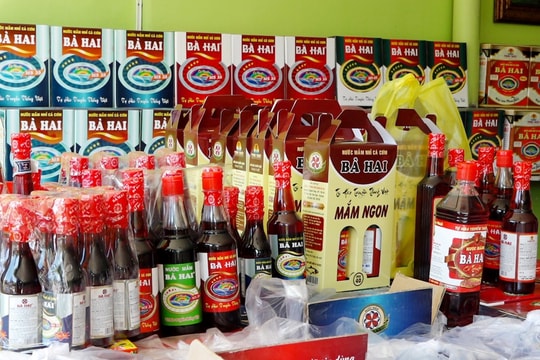








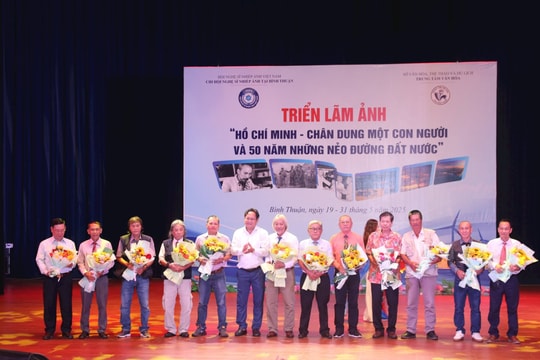






.jpg)




.jpeg)

.jpeg)


.jpeg)


